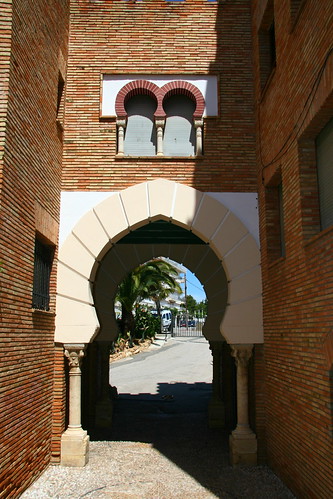
His [Boldwood’s] house stood recessed from the road, and the stables, which are to a farm what a fireplace is to a room, were behind, their lower portions being lost amid bushes of laurel. Inside the blue door, open half-way down, were to be seen at this time the backs and tails of half-a-dozen warm and contented horses standing in their stalls; and as thus viewed, they presented alternations of roan and bay, in shapes like a Moorish arch, the tail being a streak down the midst of each. Over these, and lost to the eye gazing in from the outer light, the mouths of the same animals could be heard busily sustaining the above-named warmth and plumpness by quantities of oats and hay. The restless and shadowy figure of a colt wandered about a loose-box at the end, whilst the steady grind of all the eaters was occasionally diversified by the rattle of a rope or the stamp of a foot.
—Thomas Hardy, Far from the Madding Crowd, Chapter XVIII
I adore the earthiness of this particular quote, the crafty way that Hardy leavens his use of the English language’s more rarefied words of French or Latin origin with good-sized helpings of our Anglo-Saxon vocabulary. ‘Portions’ is followed by ‘lost amid bushes of laurel.’ ‘Presented alterations’ gives rise to ‘roan and bay,’ and then ‘Moorish arch’ leads to ‘the tail being a streak down the midst of each.’ ‘Quantities’ is balanced with ‘oats and hay.’
Then, at the end of the group, another twin hit of Latin words: ‘occasionally diversified,’ which Hardy then contrasts immediately with a doubled adverbial phrase, all in Anglo-Saxon: ‘the rattle of a rope or the stamp of a foot.’ It’s not perfect, and the author probably didn’t even realize it, but it makes a difference in the rhythm of the reading to keep switching back and forth between the more florid words and their punchy and direct counterparts.
